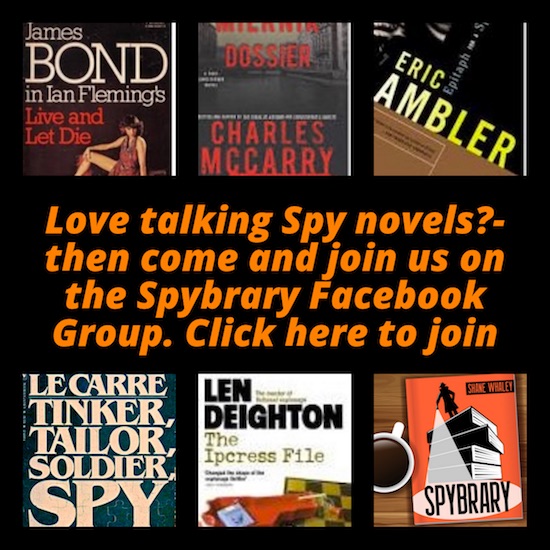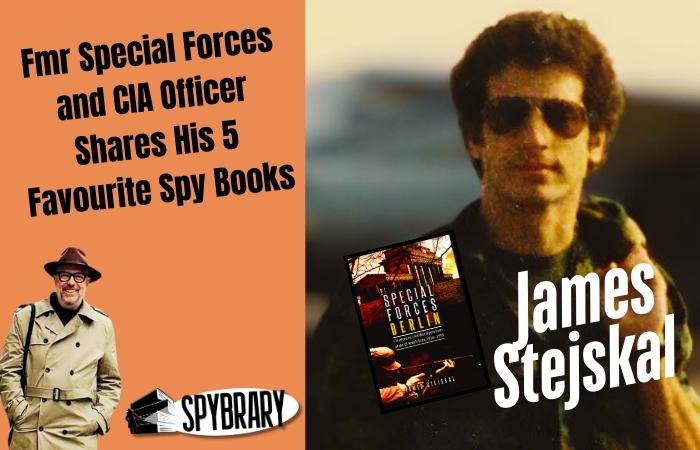
Introduction to the books of Robert Littell
Robert Littell is a critically acclaimed author renowned for his masterful espionage novels that explore the complexities of the Cold War, intelligence operations, and the human cost of spying. A former journalist with Newsweek, Littell brings an unparalleled level of authenticity, historical accuracy, and psychological insight to his stories. Often compared to John le Carré and Graham Greene, Littell’s works combine suspense, depth, and moral ambiguity, making him one of the most respected voices in spy fiction.
‘Robert Littell is one of a handful of American authors who really invented serious American spy fiction in the 1970s. He is also one of a handful of authors where comparisons to Le Carre are not entirely stupid, since he writes novelistically about the characters and moral choices of the espionage world.'
Tim Shipman
The Best Spy Writers Guide
Key Novels by Robert Littell
Littell’s novels span decades, delving into Cold War intrigue, contemporary intelligence, and the moral dilemmas faced by spies. Here’s a guide to his most notable works:
1. The Company: A Novel of the CIA (2002)
- Littell’s magnum opus is a sweeping epic that chronicles the CIA’s history from its inception in the 1940s through the end of the Cold War. Following three generations of operatives, this novel offers a detailed and gripping exploration of the agency’s triumphs and betrayals.
Themes: Loyalty, betrayal, and the cost of secrecy.
2. The Defection of A.J. Lewinter (1973)
- Littell’s debut novel is a tightly plotted tale of a scientist defecting to the Soviet Union, with both sides questioning his motives.
Themes: Paranoia, deception, and the chess game of espionage.
3. The Sisters (1986)
- A darkly comedic and intricate tale of two CIA operatives manipulating events behind the scenes for their own agenda.
Themes: Manipulation, power, and the blurred lines of loyalty.
4. The Once and Future Spy (1990)
- A novel of double agents and secret missions, exploring the psychological toll of espionage and the secrets that spies carry.
Themes: Identity, betrayal, and the moral cost of spying.
5. Legends (2005)
- A deep dive into the life of a CIA operative who begins to question his own identity and the truth behind his missions.
Themes: Identity, memory, and the fragility of trust.
Standalone Novels and Other Works
- An Agent in Place (1991)
- A gripping Cold War-era tale of a KGB operative secretly working for the CIA, exploring loyalty and ideological conflict.
Themes: Betrayal, sacrifice, and ideological warfare.
- A gripping Cold War-era tale of a KGB operative secretly working for the CIA, exploring loyalty and ideological conflict.
- The Amateur (1981)
- After a CIA cryptographer’s fiancée is murdered by terrorists, he embarks on a dangerous personal mission for revenge.
Themes: Revenge, justice, and personal transformation.
- After a CIA cryptographer’s fiancée is murdered by terrorists, he embarks on a dangerous personal mission for revenge.
- The Stalin Epigram (2009)
- A historical novel inspired by the life of Russian poet Osip Mandelstam, set during Stalin’s oppressive regime.
Themes: Art, oppression, and resistance.
- A historical novel inspired by the life of Russian poet Osip Mandelstam, set during Stalin’s oppressive regime.
Key Themes in Robert Littell’s Spy Fiction
- Cold War Intrigue:
- Littell’s novels often focus on the tension and ideological battles between the U.S. and the Soviet Union.
- Psychological Depth:
- His characters are deeply flawed, grappling with guilt, loyalty, and questions of identity.
- Moral Ambiguity:
- Littell’s stories highlight the ethical complexities of intelligence work, avoiding simplistic portrayals of good and evil.
- Historical Accuracy:
- Drawing from his journalism background, Littell incorporates real events and figures into his narratives.
- The Human Cost of Espionage:
- Littell’s works emphasize the emotional and psychological toll of a life spent in secrecy and deception.
Robert Littell’s Legacy
- Critical Acclaim: Littell’s novels have earned him numerous accolades, with The Company hailed as one of the definitive espionage novels of modern times.
- Cultural Impact: His works have been adapted for television, including a miniseries based on The Company.
- Influence: Littell’s blend of historical depth, suspense, and moral complexity has inspired a generation of spy fiction writers.
Why Read Robert Littell’s Spy Fiction?
Robert Littell’s novels offer a perfect blend of intrigue, historical insight, and psychological depth. For readers who enjoy spy fiction with intellectual and emotional resonance, his works are indispensable.
Where to Start?
New to Robert Littell? Begin with The Company for an epic exploration of the CIA’s history or The Defection of A.J. Lewinter for a tightly woven Cold War thriller.
‘The most celebrated Littell is The Company, an epic read on the CIA, which traces the history of the agency from the 1950s to the 1990s and concludes with the inevitable molehunt. It’s sweeping stuff and made for a decent TV series and I guess if you are determined to only read one Littell that should be it.
But for me, his best works are more focused and contained. My favourite is The Amateur, which also became a film, and features a CIA backroom boy whose fiancee is murdered by terrorists and goes after her killers because his bosses won’t. It has characters that truly engage and much tension to boot and a satisfying conclusion.
Tim Shipman
Guide to the Best Spy Writers
Explore More
Check out Tim Shipman's Guide to the Best Spy Authors
Join the Spy Books Community Discussion
Spybrary is more than just a spy podcast; it's a place to chat with fellow spy book and spy film fans from around the world. We encourage you to share your views on each spy book/movie, engage in discussion with fellow fans, and immerse yourself in the captivating world of spy fiction, spy fact and spy films.









